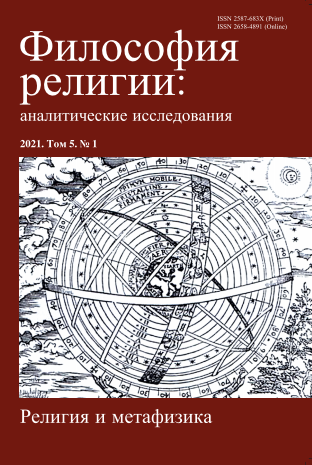“Are We Souls or Bodies?” R. Swinburne’s Substantial Dualism
DOI:
https://doi.org/10.21146/2587-683X-2021-5-1-152-160Keywords:
substance dualism, ontology of persons, philosophy of mind, René Descartes, personal identity, metaphysicsAbstract
This article is a review of R. Swinburne’s book, “Are we bodies or souls?”. Swinburne seeks to prove that the existence of our bodies is not necessary for the existence of us, although he certainly does not deny their value. The mental substance, which he calls the soul, is both necessary and sufficient for the existence and individuation of persons. In this article the author analyzes two central arguments in defense of this view. The first argument is a solution to the problem of personal identity. Swinburne argues for what the modern literature calls “soul-theory”, according to which we are a substance with a unique principle of individuation – thisness. The second argument is a modification of Descartes’ argument, relying on the possibility of the sudden destruction of the body with the preservation of what Swinburne calls «I». The last part of the paper examines Swinburne’s response to the central problem of this argument, namely, the problem of reference to «I». The author concludes that, although Swinburne’s argument is not sufficient for those who already has physicalistic beliefs about the nature of persons, he nevertheless makes a good case that Descartes’ modified argument is successful.

 This work is licensed under a
This work is licensed under a 
